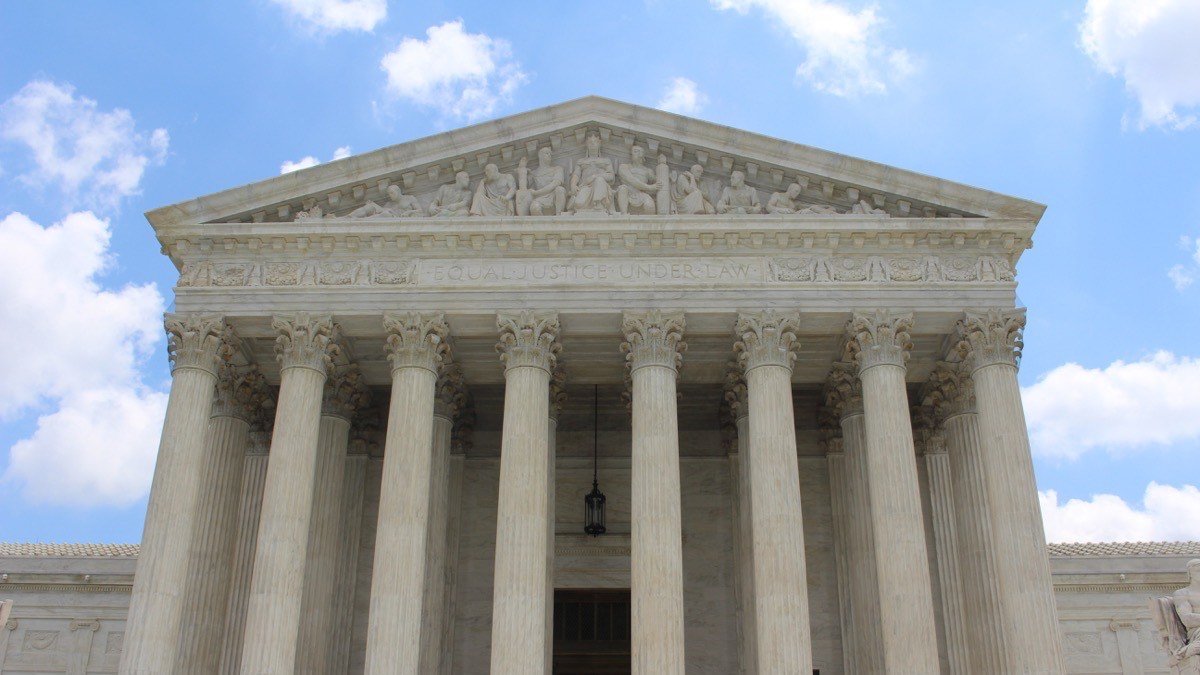When discussing Section 230, the Supreme Court displayed an extraordinary level of self-awareness and acknowledged that Congress should likely make decisions regarding the future of the internet since they are likely to be more knowledgeable than they are.
The Supreme court, this week will hear arguments on two issues involving Section 230, which shields platforms from liability for their users’ content. Gonzales v. Google involves Nohemi Gonzalez, who perished in an ISIS attack that the lawsuit alleges was made possible because Google permitted inciting films to be posted on YouTube.
A “good faith” attempt must be taken to filter out unlawful information for websites or services to be exempt from Section 230’s immunity provisions. The main argument is that Google was to blame for Gonzelez’s passing because it failed to block ISIS videos. Despite the particulars of this case, there may be broader implications for all Section 230-related matters from the hearing, which Supreme Court Justice Elena Kagan highlighted.
Supreme Court Justice Kagan said that other industry has to internalize the misconduct cost
Kagan said, “Every other industry has to internalize the misconduct costs. Why is it that the tech industry gets a pass?” “It’s a little bit unclear.” She added, “On the other hand, I mean, we’re a court. We don’t know about these things.” “These are not like the nine greatest experts on the internet.” However, Justice Kagan also noted that she doesn’t “have to accept ‘the sky is falling’ stuff [in order] to accept… there is much uncertainty about going the way [internet companies] would have us go, partly because of the difficulty of drawing lines in this area.” “And just because once we go with you, all of a sudden, we’re finding that Google isn’t protected, and maybe Congress should want that system,” said Justice Kagan. “But isn’t that something for Congress to do? Not the court.”

According to Eric Schnapper, who spoke on behalf of the Gonzales lawsuit, YouTube’s algorithms steer visitors towards particular videos. He said, “And the underlying substantive premise is that encouraging individuals to watch ISIS films would be to help and abet ISIS.”
Google search engine or this YouTube website
Whether it’s a Google search engine or this YouTube website, Justice Kagan noted that “every time anybody looks at anything on the Internet, there is an algorithm involved.”
She further on that idea by asking whether the plaintiff’s case leads “us down the road such that 230 actually can’t mean anything at all” since “everything includes ways of arranging and ranking content.”
When asked if sites are encouraged to monitor while not having to worry about being penalised for issues, Google attorney Lisa Blatt responded in the affirmative. Blatt argued that if areas “take down anything that anyone might object to, and then you basically have — and I’m speaking figuratively and not literally — but you have the Truman Show versus a horror show.”
The claim is, therefore, partially that YouTube, not the uploader or content provider, creates the poster thumbnails. YouTube will use a frame from the video as the poster picture if the YouTuber does not supply their own.











